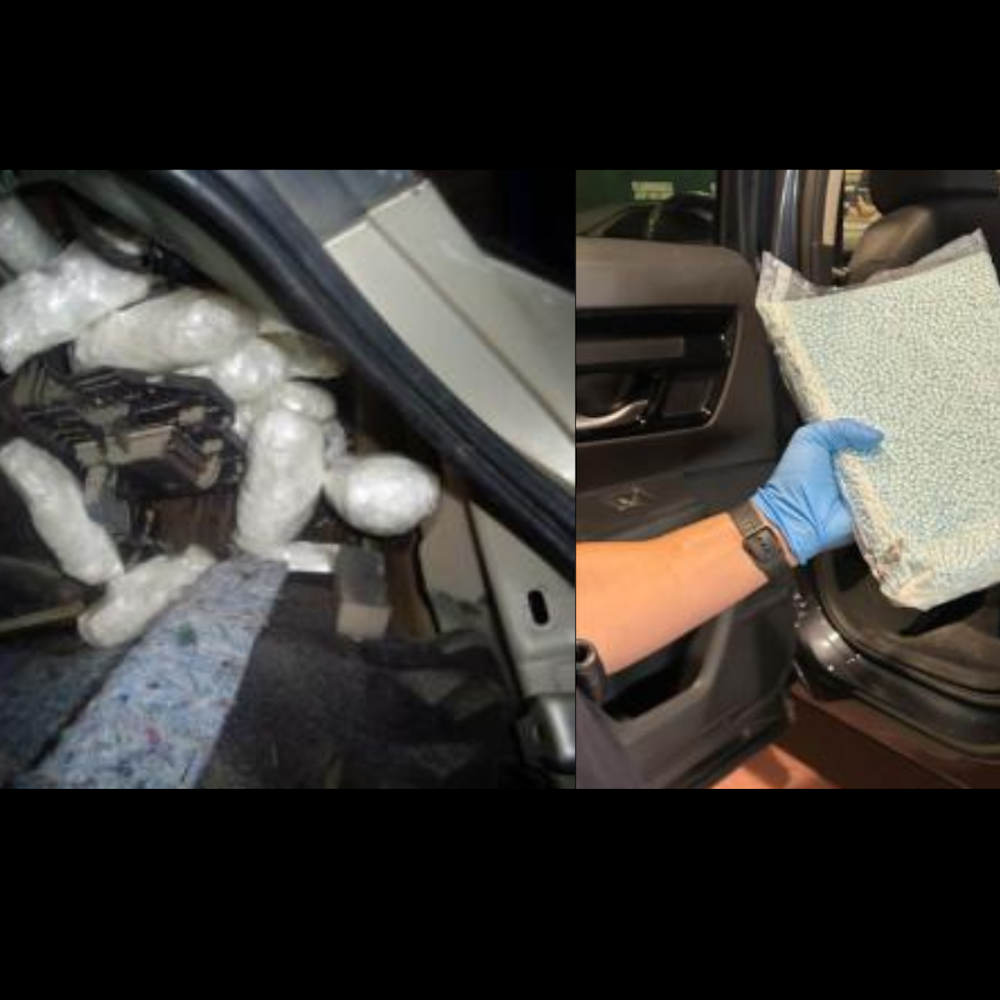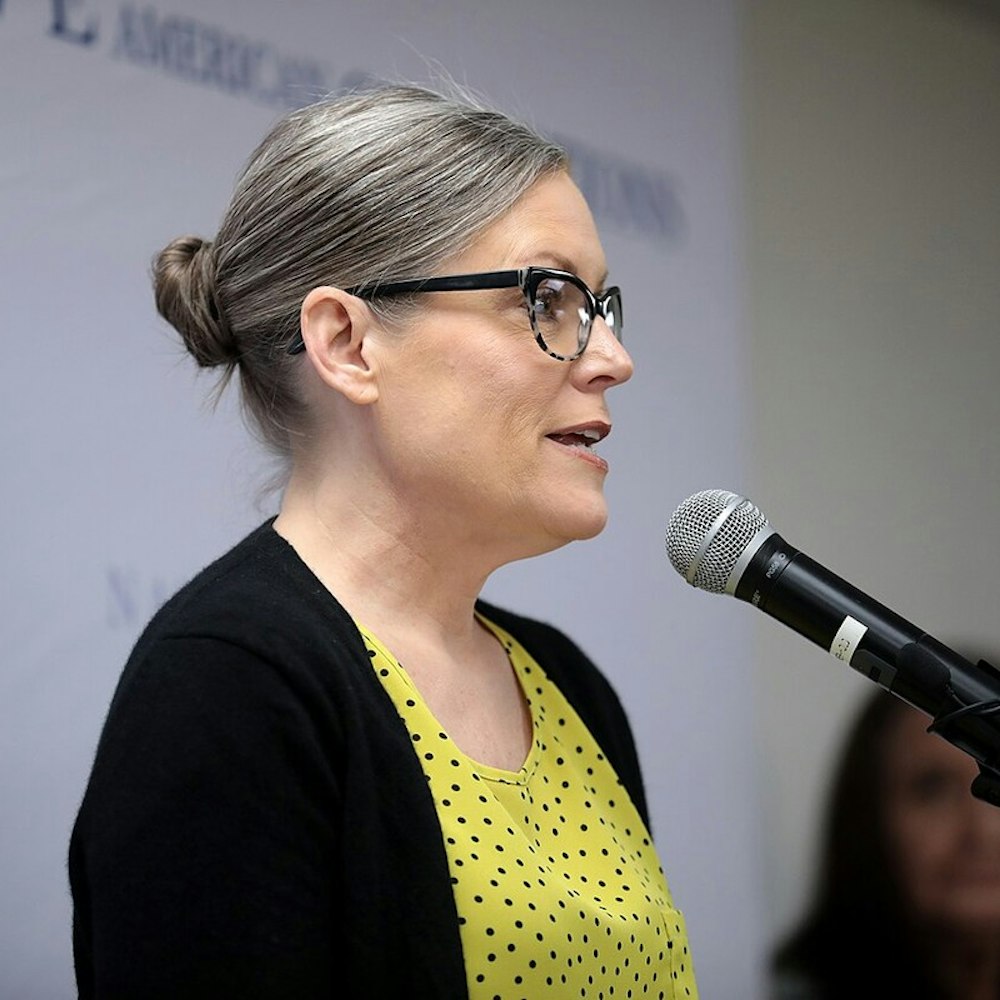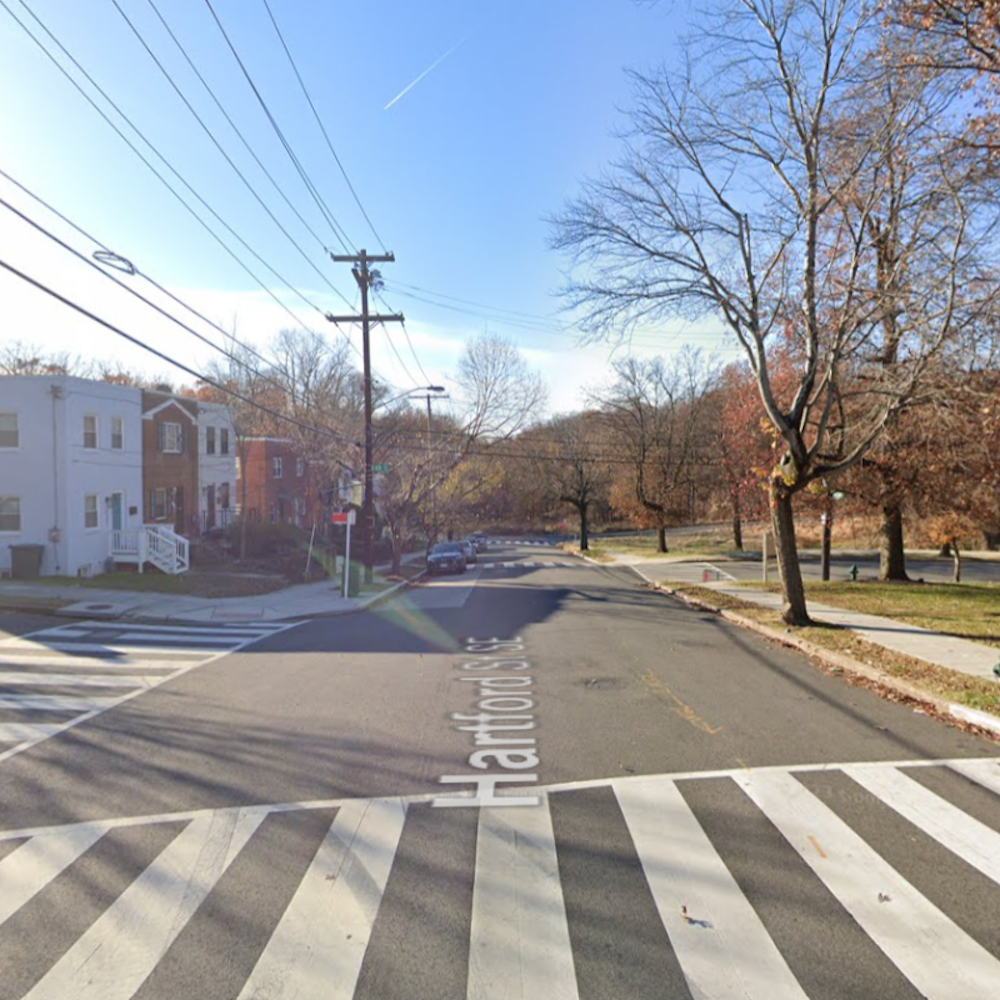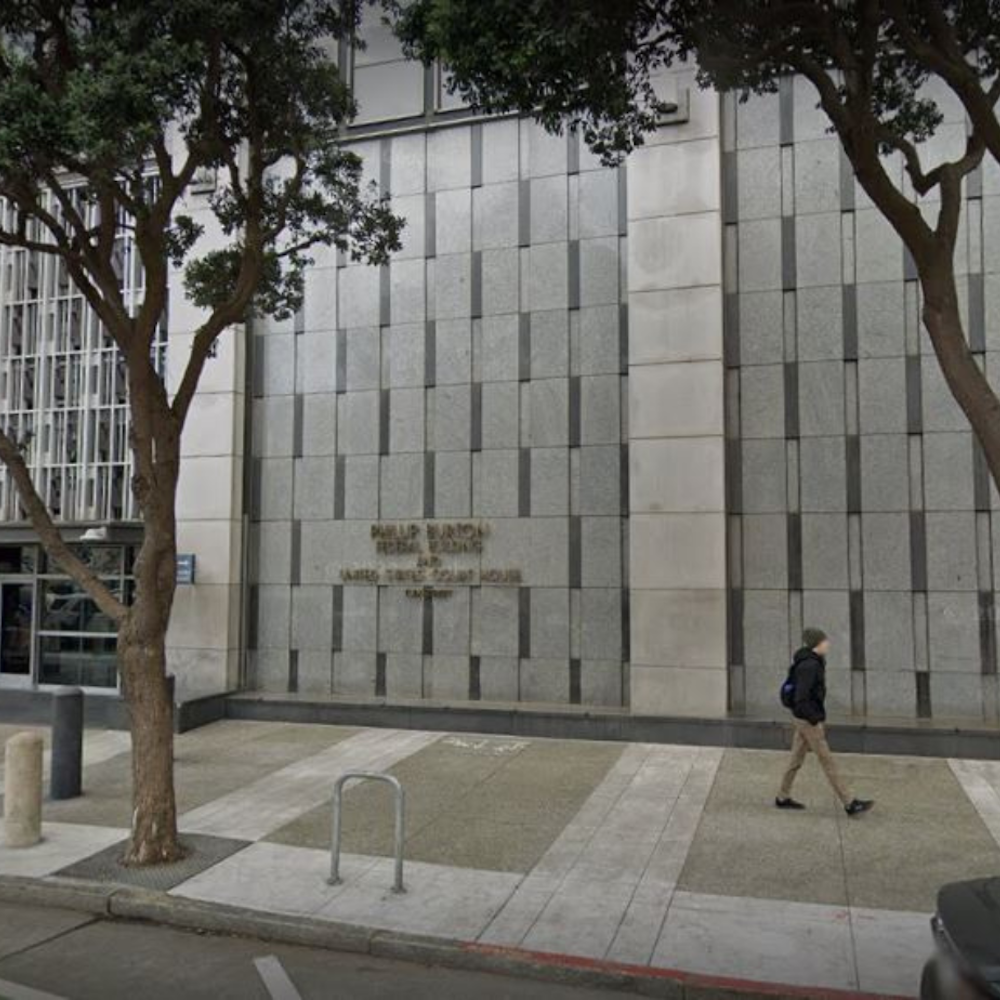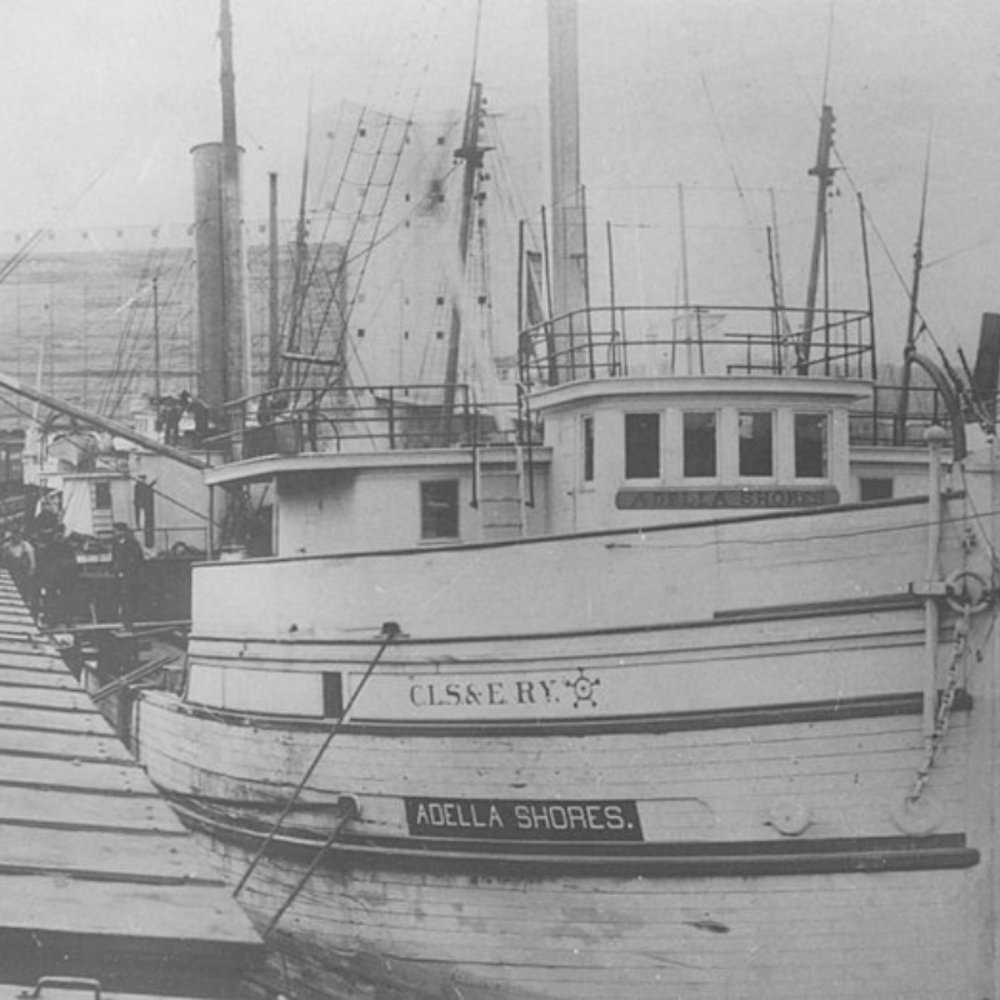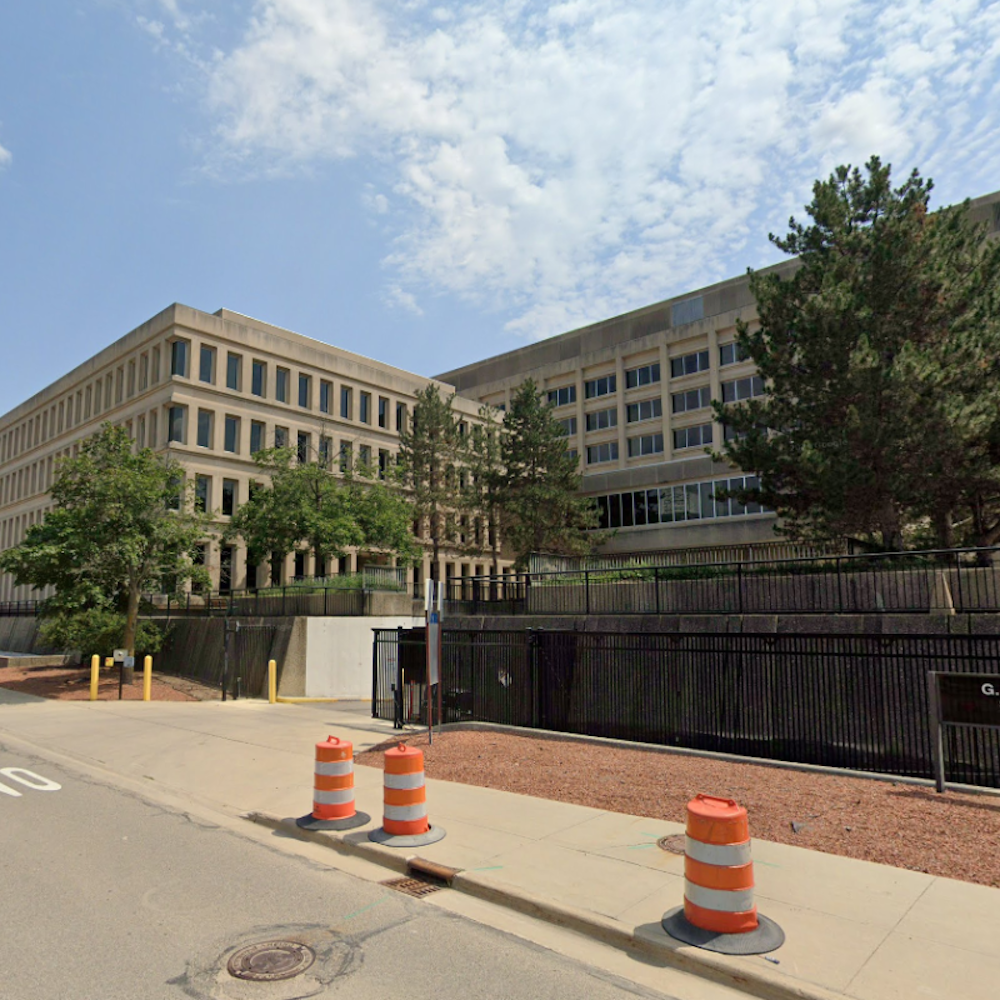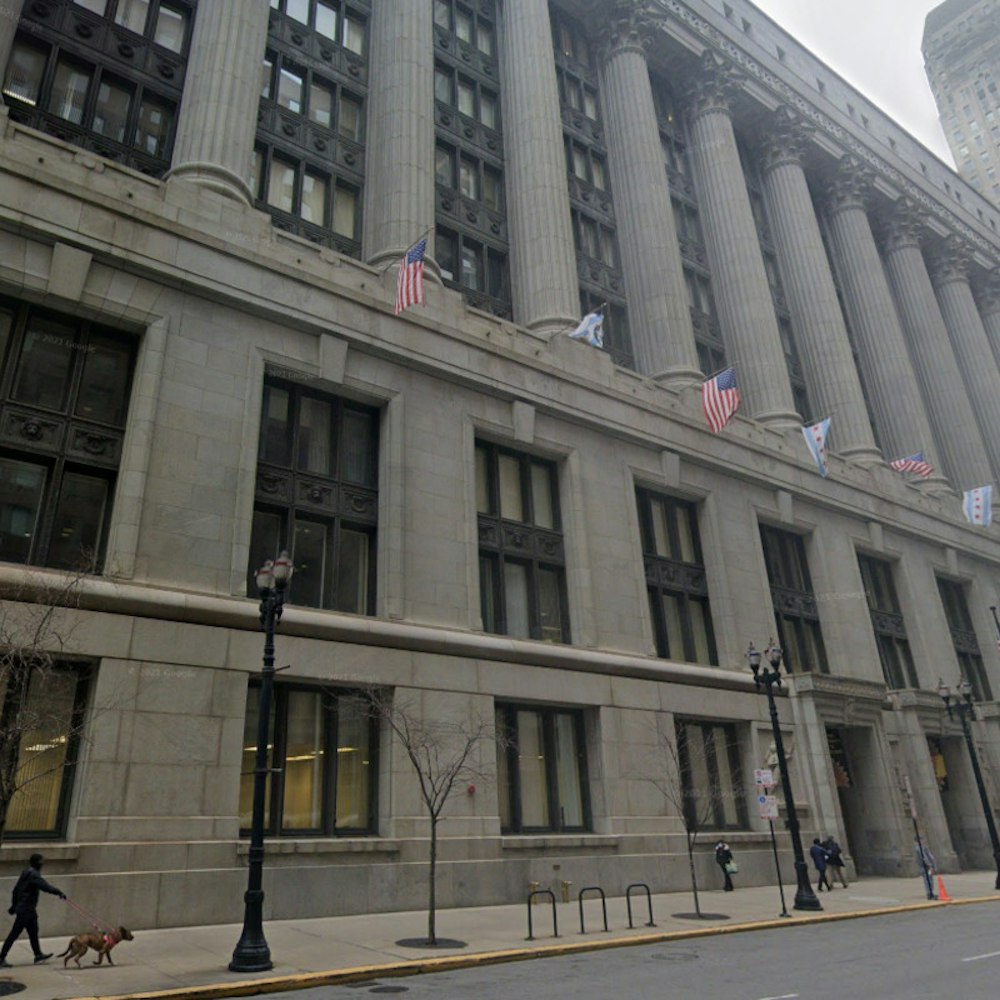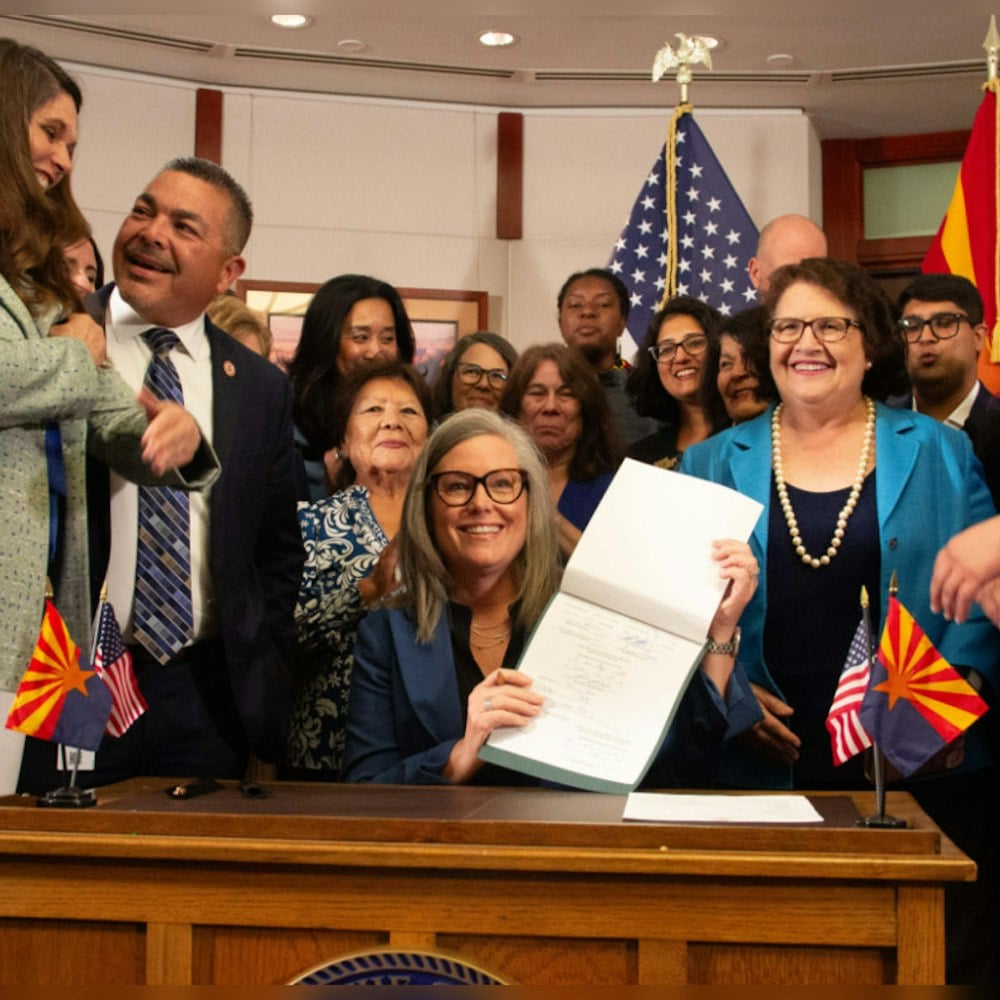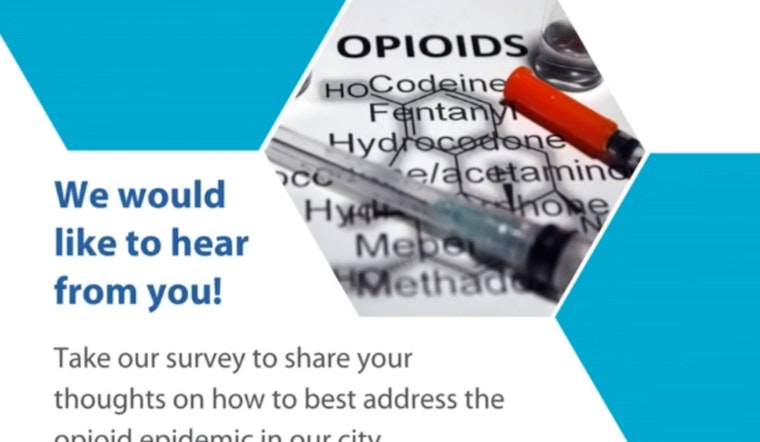
In the heart of the Midwest, a concerning statistic has surfaced, putting Minneapolis in the spotlight—not for its urban appeal or cultural sites, but for a grappling struggle with the opioid epidemic. According to a recent video, despite comprising roughly 7% of Minnesota's population, Minneapolis astonishingly accounts for 22% of the entire state's opioid-related deaths.
Officials and public health advocates are sounding the alarm over these harrowing numbers, seeking input from the public on how to combat this growing crisis—this is a puzzle they cannot solve without considering the voices of those who live the reality, the ones who see and experience the brutal hands of addiction sweeping through their streets. "We’re looking for your feedback on how to best address the opioid epidemic in our city," the video plea emphasizes, laying out a canvas for residents to paint their suggestions on unmet needs, barriers to get services, and preferred uses of funds in this battle.
A city wrestling with a problem of this magnitude requires an arsenal of ideas and strategies, prompting Minneapolis leaders to call upon its citizens to contribute their thoughts on a path forward. With a direct invitation, the public is urged to take a survey to share their insights on a range of topics, which include identifying gaps in the current system that fails to reach those in need, obstacles people face when trying to access existing services, and proposals for how the city should allocate financial resources to address the crisis. The city hopes that by collecting a breadth of perspectives, they can craft more effective and inclusive solutions.
The initiative reflects a broader understanding that the opioid epidemic is not a standalone issue; it is intricately woven into the fabric of public health, criminal justice, and social services systems, which means tackling it requires an all-hands-on-deck approach, where every stakeholder and community member can have their say. "How you would like us to use the money," the call-to-action in the video states, opening the floor for a democratic approach to a public health emergency many agree needs urgent attention, and creative, sustainable solutions that reach beyond the confines of conventional policy-making.
As the city of Minneapolis awaits feedback from this crucial survey, there's an air of cautious optimism mingled with the sobering reality that every day waiting for solutions translates to lives lost. By inviting those who've watched this crisis unfold to share their perspectives, Minneapolis is attempting to not just be a city that suffers from the opioid epidemic, but one that sees itself emerging at the forefront of the fight against it.
